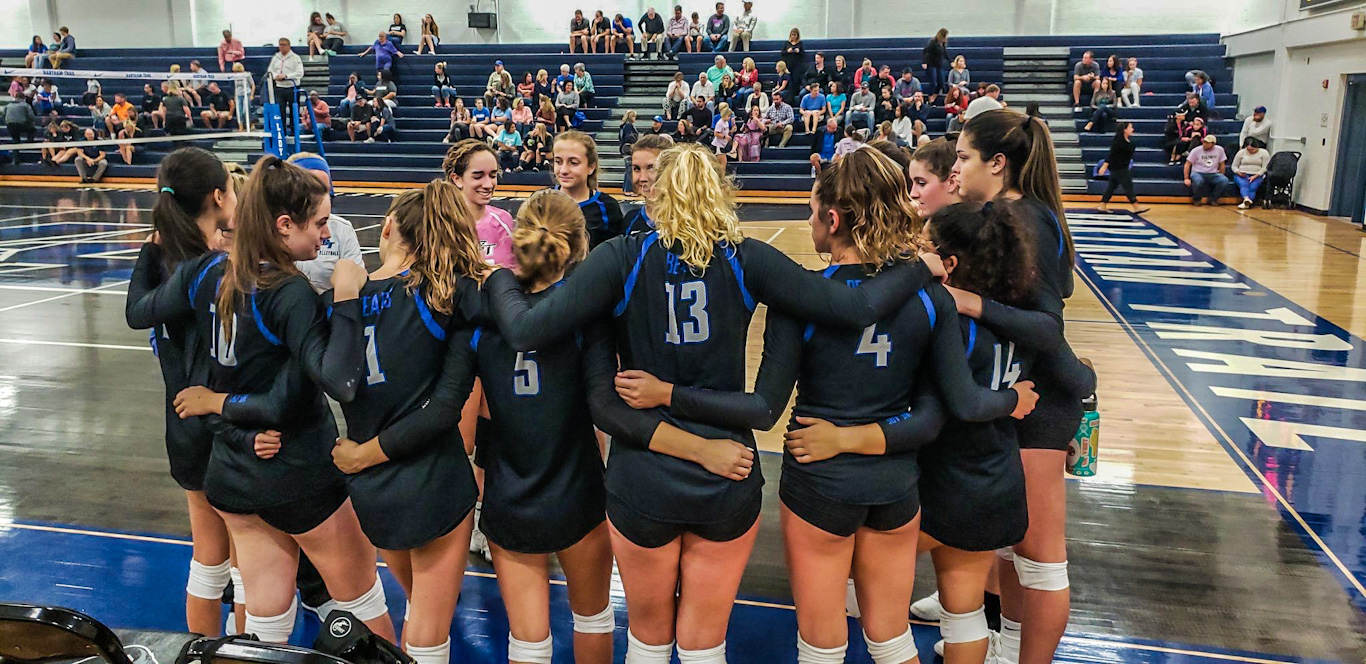
There is nothing quite like being a part of a team. Whether it’s football, basketball, softball, volleyball or another sport your team becomes an important part of an athletes life. In fact for many, teammates often become more than just fellow athletes, they become second family.
Practice, study hall, or game day, it is clear student athletes spend a lot of time with one another. These are a few reasons why investing in your relationships with teammates can have a profound impact on your mental well-being. Why does building strong team relationships promote better mental health? Here is why:
- Emotional Support: When you have a rough day or face personal challenges, your teammates are there to lift you up. Sharing your thoughts and feelings with them can provide emotional relief and a sense of belonging.
- Reduced Stress: Knowing you can rely on your teammates fosters a sense of security and reduces stress. Being a part of a supportive community can alleviate some of the pressures of competition.
- Motivation and Accountability: Teammates can inspire and motivate you to perform at your best. They hold you accountable of your commitments, which can push you to excel both on and off the field or court.
Whether it is during a game or practice, time spent with your teammates are opportunities to enhance and develop bonds. However, to obtain the mental health benefits of strong relationships among a team, student athletes must first invest in those relationships. Those deep bonds are not built over night, they require time and care. In fact, the most successful groups obtain the following characteristics:
- Defined roles and responsibilities: Establishing roles and responsibilities among a team helps to maximize the work efforts of the team. Establishing roles also helps to reduce conflict on a team. Take a moment and consider what is your role on your team? What do you provide to your sports community?
- Engaged leadership: While sports teams should all have a head coach; student leadership should also be identified. A good leader fosters teamwork attempts to promote healthy communication, and respect among all members of the team no matter what the position.
- Collective goals: Each player on a team often has their own athletic goals; however, the team unit should also have collective objective(s) as well. Either it is improving the season stats or engaging in postseason competition, successful teams identify goals.
- Trust: Relationship development requires risk taking, which is only made easier by the development of trust. Among a team trust while playing your sport can quite literally make the difference in each player remaining safe through the season, can relieve tension, and can enhance team wide productivity.
- Clear communication: Ensuring that teams are able to understand and interact with one another is not only helpful during games, but also can be helpful to establish and build trust. Thus, establishing ways of interacting and space for teammates to engage with one another may be helpful. Finding ways to communicate clearly with one another also helps entire teams establish some of the other characteristics needed such as trust development.
With these characteristics in mind, strong relationships can be incredibly helpful in contributing to a successful sports season. However, it’s important for us to remember that developing strong relationships can also help us a variety of other ways as well. It’s imperative for teams to consider the following when establishing relationships among your teammates; ‘The whole is greater than the sum of its parts.’ – Aristotle. This means we shouldn’t just focus on our own individual progress and improvement, but we and our teams really thrive when we work together as a unit. There truly is no ‘I’ in team and your seasonal stats and your mental health will thank you for it!
Student Mental Health Resources
- Contact your Students School Counselor and Request a Meeting for MH Services
- Hazel Health Mental Health Service – Free for DCPS Students
- Jacksonville, FL Sports Performance Therapists | Psychology Today Profiles
















